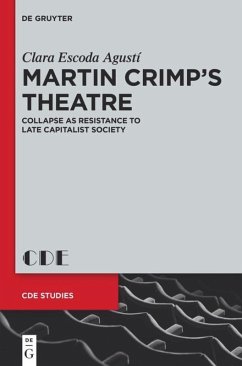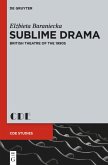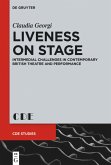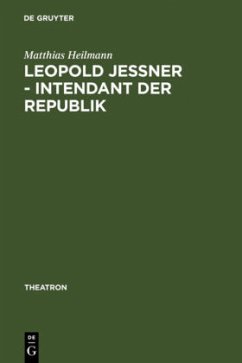This book is a timely intervention in theatre studies which reads Martin Crimp's plays in the context of contemporary, late capitalist societies of control or of 'spectacle', and explores how female collapse in particular works as a form of denunciation of the violence of globalized, free-market economy. It contends that Crimp can best be understood as a post-Holocaust playwright, and it will be of interest to both specialists in Crimp and theatre studies, and to anyone interested in gaining a deeper understanding of Crimp's dramaturgy.
This book reads Martin Crimp's The Treatment (1993), Attempts on her Life (1997), The Country (2000), Face to the Wall (2002), Cruel and Tender (2004) and his adaptation of Chekhov's The Seagull (2006) in the context of contemporary, late capitalist societies of control or of 'spectacle', and explores how female collapse in particular works as a form of denunciation of the violence of globalized, technological neo-liberalism.
The book contends that Crimp is a post-Holocaust writer, whose dramaturgy is pervaded by the ethical and aesthetic debates that the Holocaust has generated in the twentieth and twenty-first centuries. Its main claim is that, by interpellating spectators through the defamiliarized language of collapse and testimony, Crimp invites spectators to contribute to detecting the seeds of 'barbarism' as they may detect them in their context, thus warning them about the introduction of violence in supposedly civilized relationships and thereby also contributing to overcoming the contemporary ethical impasse.
The book finally argues that female characters who pass on their testimony are shown to the audience in the 'process of becoming' ethical bodies - namely, they are emerge as ethical out of the perceived necessity to integrate both the Other as essential parts of their beings, thus recovering an innate, Baumian sense of responsibility towards the Other.
This book reads Martin Crimp's The Treatment (1993), Attempts on her Life (1997), The Country (2000), Face to the Wall (2002), Cruel and Tender (2004) and his adaptation of Chekhov's The Seagull (2006) in the context of contemporary, late capitalist societies of control or of 'spectacle', and explores how female collapse in particular works as a form of denunciation of the violence of globalized, technological neo-liberalism.
The book contends that Crimp is a post-Holocaust writer, whose dramaturgy is pervaded by the ethical and aesthetic debates that the Holocaust has generated in the twentieth and twenty-first centuries. Its main claim is that, by interpellating spectators through the defamiliarized language of collapse and testimony, Crimp invites spectators to contribute to detecting the seeds of 'barbarism' as they may detect them in their context, thus warning them about the introduction of violence in supposedly civilized relationships and thereby also contributing to overcoming the contemporary ethical impasse.
The book finally argues that female characters who pass on their testimony are shown to the audience in the 'process of becoming' ethical bodies - namely, they are emerge as ethical out of the perceived necessity to integrate both the Other as essential parts of their beings, thus recovering an innate, Baumian sense of responsibility towards the Other.








